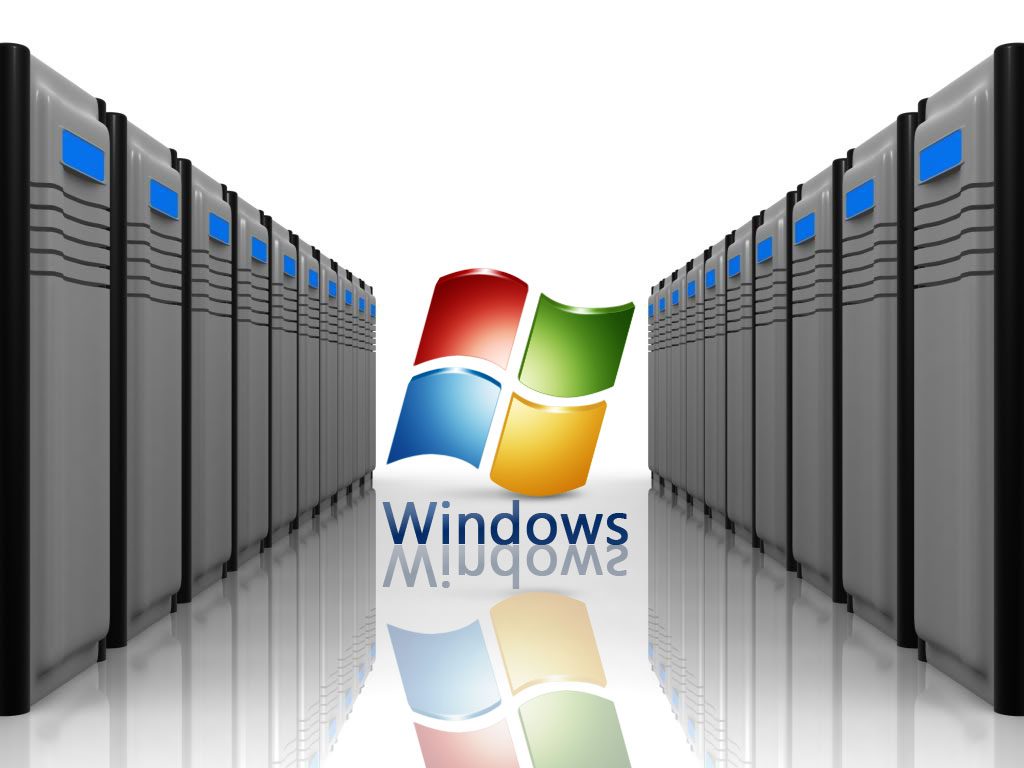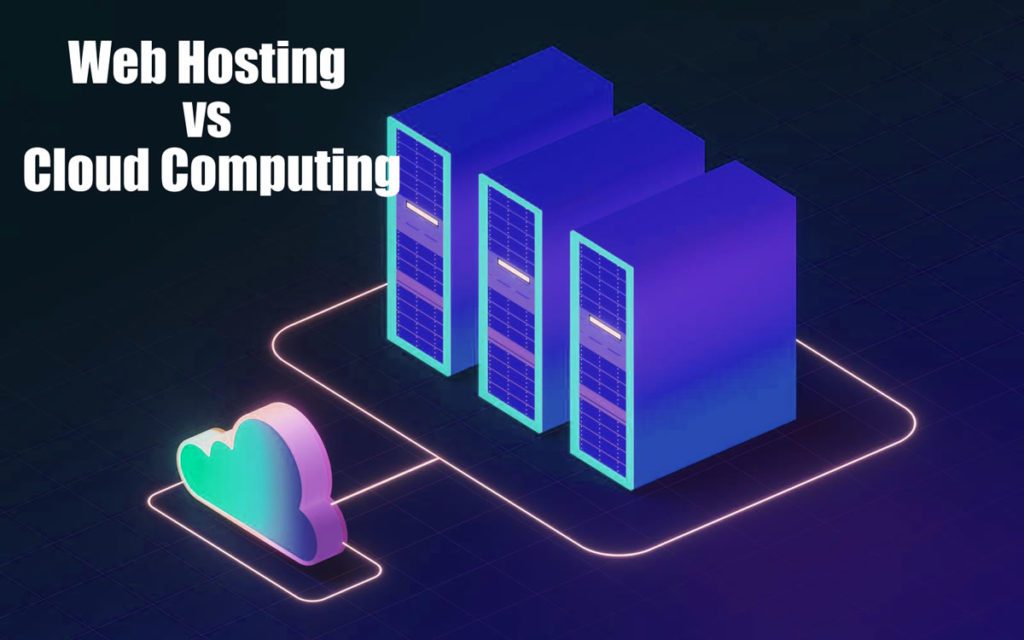Introduction:
Whether you’re running an e-commerce store or launching a personal blog, the performance and reliability of your website can make or break your success. One way to ensure optimum performance is by opting for dedicated web hosting. In this comprehensive guide, we’ll delve into the world of dedicated hosting, exploring its benefits, features, and how it can elevate your online endeavors.
Section 1: What is Dedicated Web Hosting?
Dedicated web hosting refers to a hosting solution where an entire physical server is exclusively dedicated to one user or client. Unlike shared hosting, where multiple websites share server resources, with dedicated hosting, you have complete control over the server’s resources and configurations. This allows for enhanced security, flexibility, and scalability.

Section 2: Benefits of Dedicated Web Hosting
a) Enhanced Performance:
With dedicated web hosting, you don’t need to worry about other websites hogging server resources. The entire server is at your disposal, ensuring fast loading times and seamless user experiences for your visitors.
b) Enhanced Security:
Since you are the sole user of the server, dedicated web hosting provides a higher level of security compared to shared hosting. Your data remains isolated from other users’ activities on the server, reducing the risk of unauthorized access or malicious attacks.
c) Customization Options:
Dedicated servers give you full control over software installations and configurations. You can tailor the server environment according to your specific requirements and optimize it for your website’s needs.
d) Scalability:
As your website grows in terms of traffic volume and resource demands, dedicated hosting allows for easy scalability. You can upgrade hardware components such as RAM or storage capacity without experiencing any downtime.
e) Reliable Uptime:
Dedicated hosting providers often offer robust service level agreements (SLAs) that guarantee high uptime percentages. This ensures that your website remains accessible to visitors around the clock, minimizing potential revenue loss.

Section 3: Is Dedicated Web Hosting Suitable for You?
While dedicated web hosting offers numerous advantages, it may not be the ideal choice for everyone. Consider the following factors to determine if dedicated hosting aligns with your needs:
a) Traffic and Resource Intensity:
If you anticipate high volumes of traffic or run resource-intensive applications on your website – such as video streaming or online gaming – dedicated hosting is an excellent option. It can handle large amounts of incoming traffic and resource demands without compromising performance.
b) Technical Expertise:
Managing a dedicated server requires technical knowledge and skills. If you lack experience in server administration, consider opting for managed dedicated hosting services where the provider takes care of server setup, maintenance, and security updates.
c) Budget:
Dedicated web hosting comes at a higher price compared to shared or virtual private server (VPS) hosting solutions. Assess your budget and ensure that the additional cost justifies the benefits you seek from dedicated hosting.
Section 4: Types of Dedicated Web Hosting
To cater to different requirements, there are various types of dedicated web hosting available in the market. Let’s explore some popular options:
a) Unmanaged Dedicated Hosting:
Unmanaged dedicated hosting provides complete control over the server but requires extensive technical expertise as you are responsible for all server management tasks including software installations, security patches, and backups.
b) Managed Dedicated Hosting:
Managed dedicated hosting appeals to users who prefer focusing on their core business rather than managing server infrastructure. With this option, the provider takes care of routine management tasks while ensuring optimal performance and security.
c) Fully-Managed Dedicated Hosting:
Fully-managed dedicated hosting is an all-inclusive solution where the provider handles every aspect of server management, including 24/7 monitoring, security updates, software installations, and backups. This option is ideal for those seeking a hands-off approach to server administration.

Section 5: Key Features of Dedicated Web Hosting
Dedicated hosting plans come with a range of features that enhance the performance and functionality of your website. Some key features to look out for include:
a) Dedicated IP Address:
With dedicated hosting, you get a unique IP address solely assigned to your website. This is essential for SSL certificate installation and better control over email deliverability.
b) High Bandwidth Allocation:
Dedicated hosting plans typically offer generous bandwidth allocations to handle heavy incoming and outgoing traffic without any performance degradation.
c) Server Root Access:
Having root access allows complete control over server configurations. You can install custom software, make system-level changes, and optimize the server environment according to your specific needs.
d) RAID Storage:
Redundant Array of Independent Disks (RAID) ensures data redundancy by distributing it across multiple hard drives. This minimizes the risk of data loss due to hardware failures.
e) Server Monitoring and Support:
Reputable dedicated hosting providers offer 24/7 monitoring services to ensure optimal server performance. Additionally, they provide technical support via various channels like live chat or phone, ensuring prompt assistance whenever required.
Section 6: How to Choose the Right Dedicated Web Host
Selecting the right dedicated web host is crucial for achieving the best performance and reliability for your website. Consider these factors when making your decision:
a) Reputation and Reliability:
Research potential hosts thoroughly by checking customer reviews, uptime statistics, and their industry reputation. Look for providers with positive feedback regarding server reliability and customer support.
b) Hardware Quality:
Inspect the specifications of the servers offered by different hosts. Ensure they use high-quality hardware components to guarantee stable performance under heavy workloads.
c) Scalability Options:
Evaluate the host’s scalability options to accommodate your future growth. Check if they offer easy hardware upgrades or the flexibility to add additional servers when needed.
d) Security Measures:
Examine the security measures implemented by the host, such as firewalls, DDoS protection, and regular security audits. Robust security protocols are crucial for safeguarding your website and customer data.
e) Support and Response Time:
Prioritize hosts that offer 24/7 technical support with quick response times. This ensures prompt assistance during emergencies or server-related issues.
Section 7: Migrating to Dedicated Web Hosting
If you’re considering moving from another hosting solution to dedicated hosting, proper migration planning is vital to minimize downtime and potential data loss. Here are some essential steps:
a) Backup Your Data:
Ensure that you have a complete backup of all your website files, databases, and configurations before initiating the migration process. This will safeguard your data in case of any unforeseen issues.
b) Test Your Website on a Local Server:
Set up a local development environment on your computer or another server to test the functionality of your website on the new hosting infrastructure before making it live.
c) Update DNS Settings:
Update your domain’s DNS settings to point to the IP address of your new dedicated server. This allows visitors to access your website on the new hosting environment after migration.
d) Monitor Post-Migration Performance:
Keep an eye on your website’s performance after the migration process. Identify any potential issues early on and address them promptly for optimal user experience.
Conclusion:
Dedicated web hosting offers an array of benefits that empower businesses and individuals with increased performance, security, customization options, and scalability. By understanding these advantages, selecting the right hosting provider, and following best practices during migration, you can ensure smooth operations for your online endeavors while delivering an exceptional user experience.



